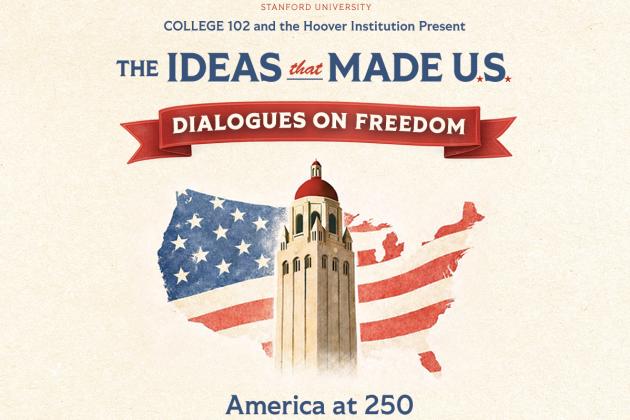PARTICIPANTS
Mervyn King, Boaz Abramson, Adrien Auclert, Michael Auslin, Michael Boskin, David Brady, Elizabeth Cobbs, Rick Hanushek, Nick Hope, Abigail Kessler, Dan Kessler, Mark Koyama, Roman Kraeussl, Ed Lazear, Matteo Leombroni, Lee Lockwood, Lilia Maliar, Livio Maya, David Mulford, Elena Pastorino, Josh Rauh, Ciaran Rogers, Amit Seru, George Shultz, Tom Stephenson, Peidong Sun, Francesco Trebbi, Kevin Warsh
ISSUES DISCUSSED
Mervyn King, Lord King of Lothbury, Professor of Economics and Law at New York University Stern School of Business and School of Law, and former Governor of the Bank of England (2003 to 2013), gave a talk on “Brexit—An Update: Political Uncertainty and the Lessons for Economic Policy.”
On the question of why Brexit happened, Lord King began by contrasting the UK’s motivations for being part of the EU with those of countries such as Germany and France. The motives that other countries had for the European Union were fundamentally political. The UK population was never broadly supportive of having Britain be part of the Euro, and was always deeply ambivalent about a political project that involved fiscal transfers.
The EU itself, according to Lord King, faces two existential problems. The first is the Euro and the fact that European monetary union will require German fiscal transfers to many other EU countries on a permanent and consistent basis to hold the monetary union together. The second is how the EU will approach immigration.
Lord King outlined three issues that carried the pro-Brexit vote: 1.) the fiscal cost of the European Union membership; 2.) the rules and regulations of the EU and the electorate’s sense that British sovereignty had been lost; and 3.) a pace of immigration in the UK that accelerated more rapidly than did public acceptance of immigration.









